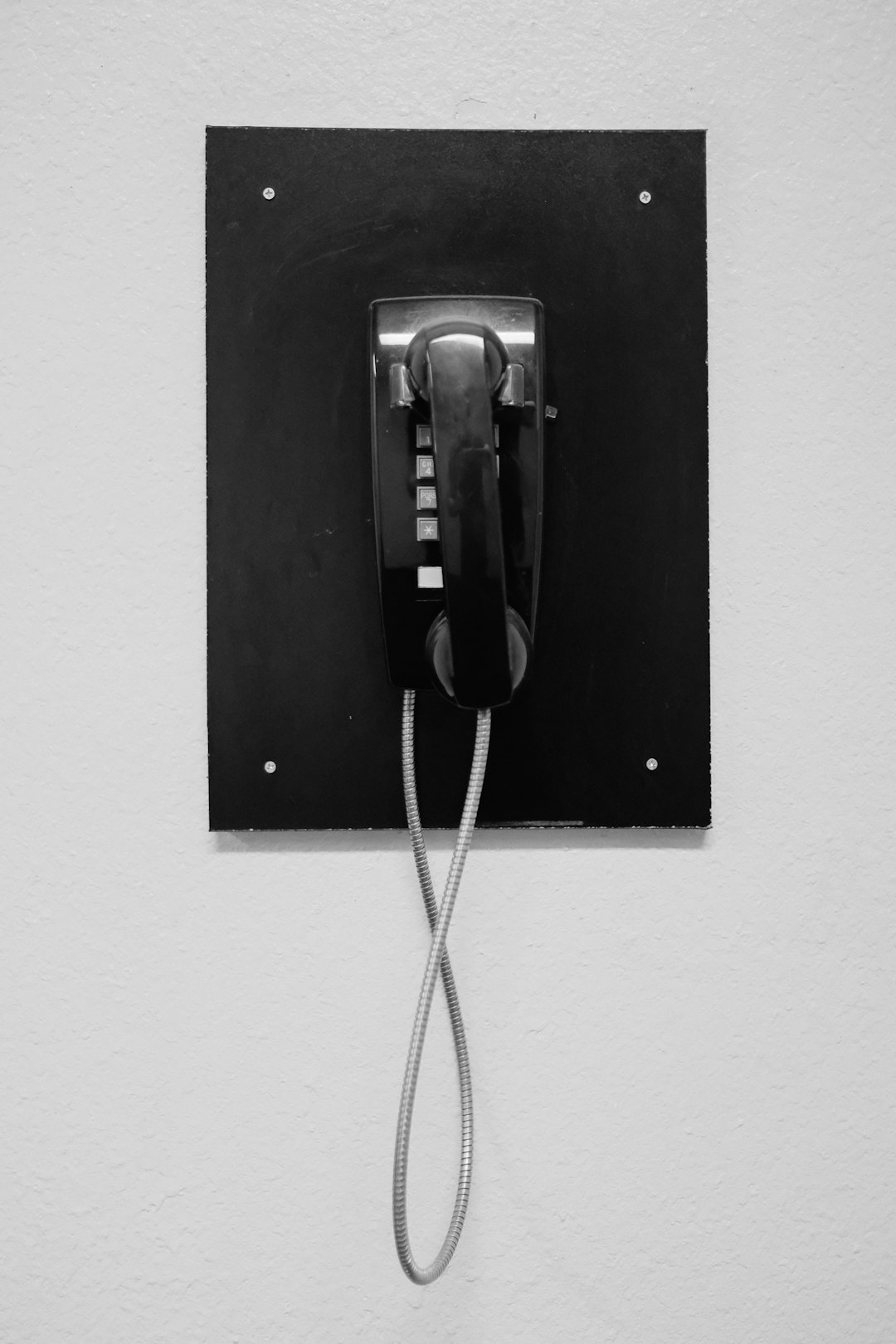California's Fair Debt Collection Practices Act (FDCPA) protects consumers from unfair debt collection practices by law firms and other entities. It restricts calling times, prohibits deceptive tactics, mandates debt validation upon request, and limits contact frequency to promote fair, ethical, and transparent debt collection procedures. Californians have 30 days to dispute debts and can avoid harassing calls by not contacting law firms directly.
“In 2024, understanding your rights under the Fair Debt Collection Practices Act (FDPCA) in California is more crucial than ever. This state-specific guide aims to demystify your protections against aggressive or unfair debt collection tactics. Learn who the FDPCA shields, from ‘who does the act protect in California?’ to ‘debt collectors’ prohibited actions,’ and discover how to respond to potential violations. Empower yourself with knowledge on ‘how to dispute unfair practices’ without involving law firms.”
Understanding Fair Debt Collection Practices Act in CA

In California, the Fair Debt Collection Practices Act (FDCPA) plays a crucial role in protecting consumers from aggressive or unfair debt collection practices. This act, specifically tailored for the state, outlines the rights of individuals and the responsibilities of debt collectors to ensure fair and ethical interactions. It’s important to note that the FDCPA does not single out law firms; it applies broadly to any entity collecting debts on behalf of others.
Debt collectors in California must adhere to strict guidelines, including refraining from calling consumers at inconvenient times or using deceptive tactics. They cannot threaten legal action without intending to follow through, and they must provide validation of the debt when requested. Consumers have the right to dispute the validity of a debt and seek resolution within 30 days. Understanding these rights is essential for Californians facing debt collection issues, as it empowers them to navigate the process with confidence and assert their legal protections.
Who Does the Act Protect in California?

In California, the Fair Debt Collection Practices Act (FDCPA) offers robust protections for consumers dealing with debt collectors. The act applies to anyone in California who is considered a “debtor” and owes money to a creditor. This includes individuals, families, or even those who have filed for bankruptcy protection. The FDCPA specifically targets debt collection agencies and their practices when attempting to collect debts from Californians.
The legislation ensures that these collection efforts are conducted fairly, ethically, and with respect for the debtor’s rights. It places restrictions on when and how often debt collectors can contact a person, requires them to identify themselves and the purpose of their call, and prohibits aggressive or harassing behavior. Additionally, it restricts false or misleading statements during collection attempts, ensuring that debtors are not subjected to deceptive practices.
What Are Your Rights Under the FDPCA?

Under the Fair Debt Collection Practices Act (FDPCA), consumers in California have several rights that protect them from unfair or abusive debt collection practices. One of the most significant rights is the ability to request validation from debt collectors, ensuring they have the legal right to collect the debt from you. This means you can ask for proof, such as original contracts or documents, and the collector must provide it within a specific timeframe.
Additionally, the FDPCA restricts when and how debt collectors can contact you. They are prohibited from calling you at unreasonable times or places, using abusive language, or threatening legal action without intending to follow through. These rights ensure that debt collection activities are conducted fairly and transparently, giving consumers peace of mind when dealing with potential debt-related issues in California.
Debt Collectors' Prohibited Actions in CA

In California, debt collectors are bound by strict regulations outlined in the Fair Debt Collection Practices Act (FDCPA) to ensure fair and ethical practices when dealing with consumers. One of the key aspects is the restriction on certain actions they cannot take. Collectors are prohibited from using abusive or harassing behavior, including repeated phone calls with the intent to annoy or abuse the debtor, as well as any false or misleading statements.
Additionally, debt collectors in CA cannot contact individuals at unreasonable times or places, such as before 8 a.m. or after 9 p.m., nor can they accept payment from you without your permission. They are also required to verify the debt and provide validation if requested by the debtor, ensuring transparency and avoiding any misleading practices. These restrictions aim to protect California consumers from aggressive collection tactics.
How to Respond and Dispute Unfair Debt Collection Practices

If you believe a debt collector is engaging in unfair practices, it’s crucial to know how to respond and dispute them effectively. Start by documenting every interaction with the collector, noting dates, times, names, and what was discussed. Keep all communications, including any letters or emails sent.
When interacting with the debt collector, remain calm and assert your rights. Request validation of the debt, which they must provide in writing within 30 days. If you disagree with the debt amount or believe it’s not yours, send a dispute letter to the collector stating your case clearly and concisely. In California, do not call law firms for debt collection issues – instead, focus on communicating directly with the collectors themselves using these official channels.






